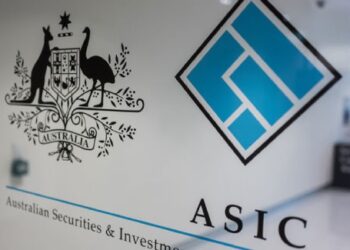At the association’s technical summit in Sydney yesterday, Peter Burgess said it was important not to draw the wrong conclusion from the recent AFCA statistics relating to SMSFs.
“While it may be very tempting for some to jump to the conclusion that SMSFs are the problem, that’s simply not the case,” he said.
“These statistics, as well as the ballooning cost of the Compensation Scheme of Last Resort levies, highlight the importance of having a well-resourced regulator who can detect and act quickly on any signs of advice failure.”
Burgess said he welcomed Assistant Treasurer Daniel Mulino’s decision to consult with industry on potential options for implementing a special levy.
“The association acknowledges the importance of such a scheme, but to reduce the burden on any one individual sector, we encourage Treasury and the minister to explore ways of spreading the costs as widely as possible.”
He continued that the SMSFA endorsed the statement of June Smith, deputy chief ombudsman for AFCA, which said the sector needs to look at systemic issues across the industry, rather than the “black swan” events that have captured the media’s attention, to prevent further damage in the future.
Furthermore, Burgess said it was important to take a pragmatic approach to the ATO’s changes to recent pension rulings that require those failing the minimum standards to be commuted before a new pension can begin.
“This is particularly important for historical cases involving pensions that may have failed the minimum pension standards in a previous financial year and, in accordance with the original ATO view and prevailing industry practice, were not commuted before the pension was subsequently restarted the following financial year,” he said.
He urged the regulator to elaborate on the tax treatment of compliance related expenses with the further delay in the LCR on the tax treatment of SMSF non-arm’s length expenses.
“The previous ruling implies that such expenses do not give rise to non-arm’s length income (NALI) even if incurred at non-arm’s length rates.”
“Examples in the previous ruling, supported by recently issued private binding rulings, emphasise the importance of the capacity under which a service is provided. However, capacity appears irrelevant if it’s a compliance-related expense.
“Clarification is required on this important issue for the sector as many may be under the mistaken belief that any type of accounting fee incurred by the SMSF on non-arm’s length terms gives rise to non-arm’s length income.”


